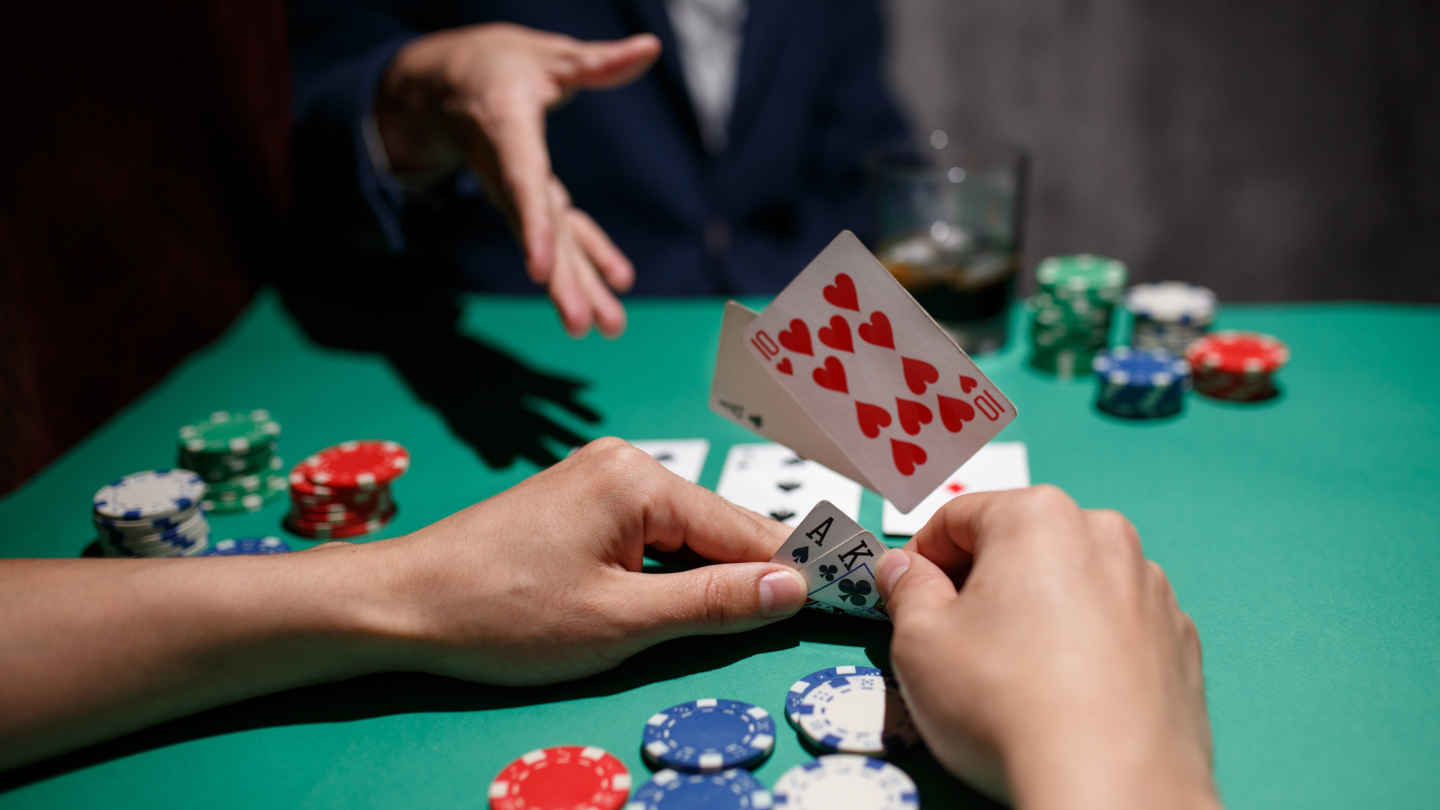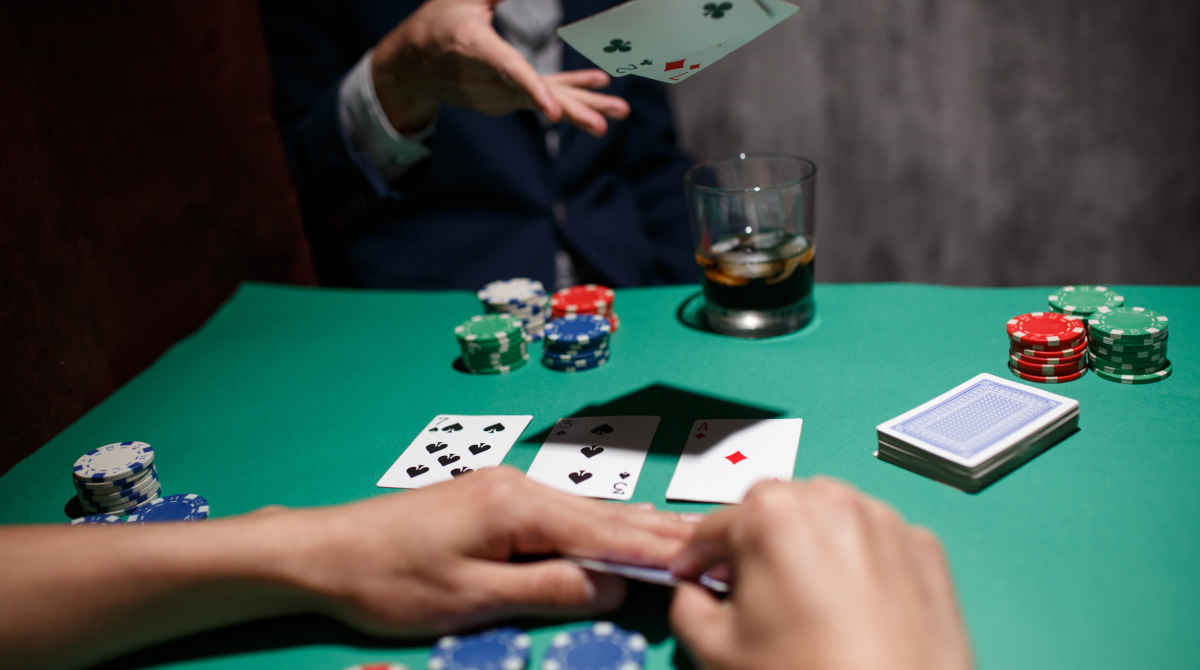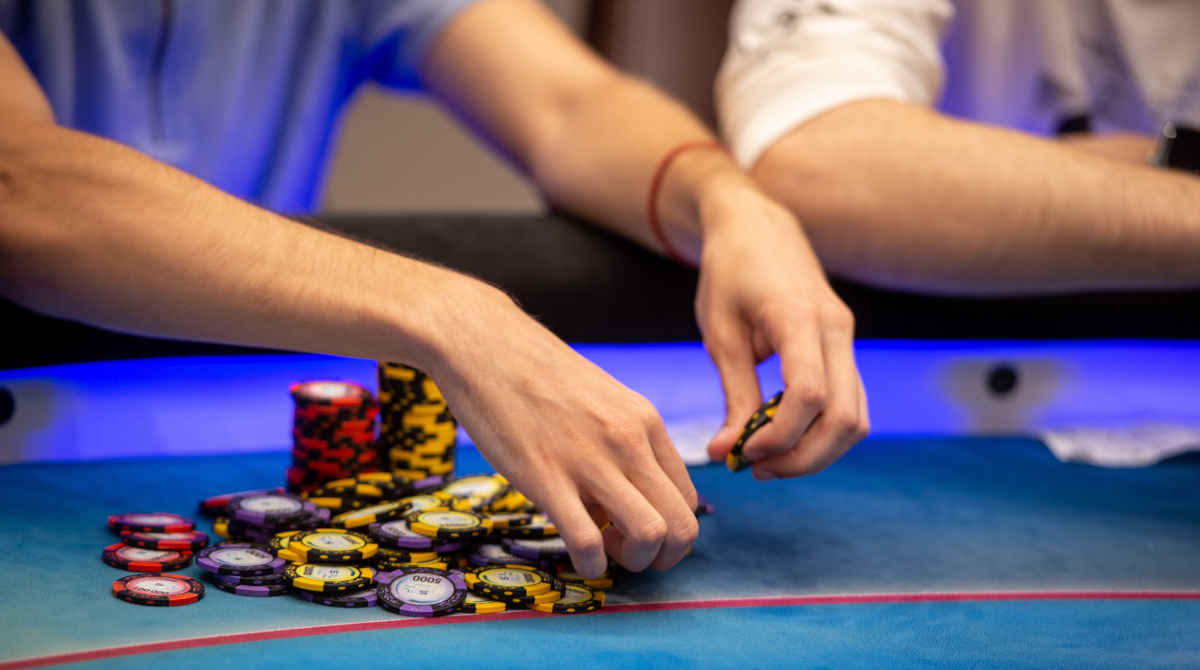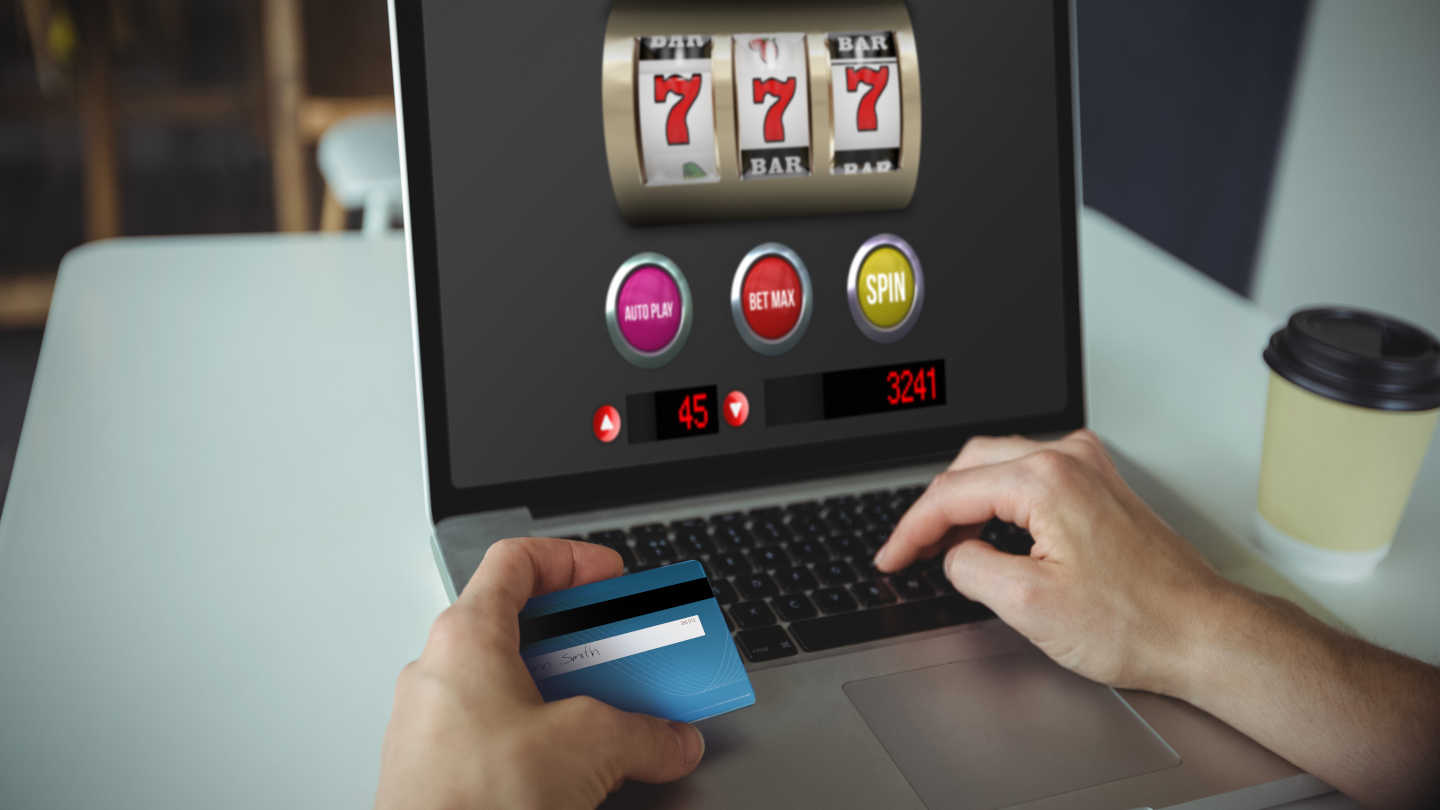When Should You Fold a Poker Hand?

4 minutes
Last Updated: July 5, 2023
The ability to recognize when to fold at a poker table is often portrayed as a rare talent. Some gamblers are so superstitious that they believe other people can “read their souls.” This whole thing is a load of baloney.
In the long run, you should fold your hand if doing so will result in a net loss rather than a gain compared to calling or raising.
You won't require clairvoyance to fold neatly as you learn poker ranges. All you need is careful observation and a knowledge of what your opponent's ranges and actions say about them.
The table's dynamic might help you decide whether to fold. Following basic principles and avoiding common pitfalls may help you make better value judgments as you learn these complicated subjects. This article offers some poker folding tips.
You've Got a Terrible Starting Hand
Some poker starting hands should be folded always, some never, and many should be folded some of the time. Here is the included list of opening hands that you should always fold.
You don't have to agree with all ideas. If you are playing in a game where one of the unplayable hands may be played for a profit, feel free to do so.
If you're a beginner or don't make money in for example live Texas Hold'em games, you can comfortably fold all the hands in the first phase without losing money.
The blinds should fold these hands. You should check and fold if you get to see the flop for free with one of these cards but your opponent bets before you can improve your hand.

Fold these hands at all times:
- Except for a pair of nines, an ace nine suited, an eight nine suited, a nine 10 suited, a nine jack suited, a nine queen suited, and a nine king suited, any hand with a nine.
- Except for a pair of eights, an ace eight suited, a seven eight suited, an eight nine suited, and an eight ten suited, any hand containing an eight.
- Except for a pair of 7s, an ace seven suited, and a seven eight suited, any hand containing a 7.
- Except for a pair of 6s and an ace six suited, any hand containing a 6.
- Except for a pair of 5s and an ace five suited, any hand containing a 5.
- Except for a pair of 4s and an ace four suited, any hand containing a 4.
- Except for a pair of 3s and an ace three suited, any hand containing a 3.
- Except for a pair of 2s and an ace two suited, any hand with a 2.
Quite a few different hands may be folded on a regular basis, as you can see. They all lose money on average, therefore folding them will net you more money in the long term.
Don’t Play the Ambiguous Hands
There are several poker hands that are borderline in terms of whether they are playable or not, in addition to the cards that were recommended to be dropped at a glance.
In fact, folding them is advised. These hands include suited connectors with a seven, eight, or nine, as well as low pocket pairs and aces with a face value of less than 10.
Although you may be reluctant to fold these cards, the odds of winning are low, and you will likely end up losing money. Avoid the temptation to dip your hands into the pot. To put it another way, these cards are “fine to gamble, but not essential.”
Enjoy the game of poker on rajbet.com for what it is if that's all you care about. However, the odds are not in your favor if you are counting on this hand to earn you poker chips.
What type of hands should you play, then?
The solution is a hand with several high cards of various suits and/or ranks. Having these hands increases your odds of winning the pot by completing stronger combinations like higher pairs, flushes, and straights.

Influence of Table Position on Poker Tactics
Whether you should fold or not depends more on your table position.
- Early Position. When in early position or the blinds, you should fold anything except the best-starting hands, including kings, pocket aces, queens, ace-queen suited, and ace-king suited.
- Middle Position. Middle position players with pocket pairs, better, or even suited high card hands may consider continuing the hand. Still, in most situations, folding is the best option.
- Late Position. Perhaps even more hands than those listed above are playable at the late position. However, we advise you to fold and play it carefully if you just have a bottom pair or lower-suited hand and other players in the pot have raised.
A few players may risk their chips by calling or raising before the flip, but the vast majority will fold and lose their hand after the flop.
Final Words
In a nutshell, Texas Hold'em’s allure is in the careful strategic planning that goes into each of the game's seemingly unlimited permutations.
Learning to fold cards more strategically may help you keep more of your chips in the game and increase your chances of success. In the end, have fun, and go ahead and start the game.

















